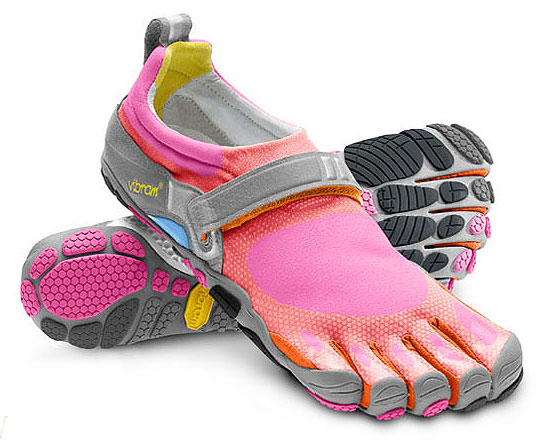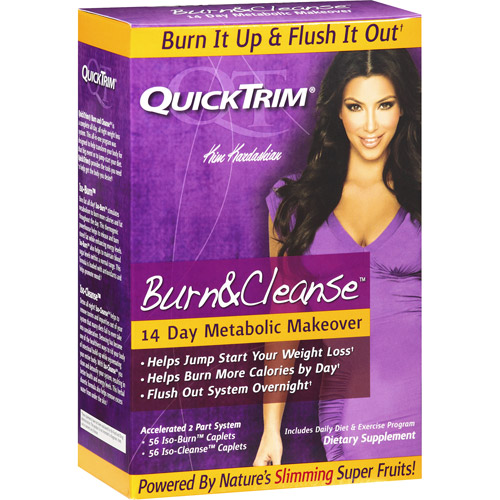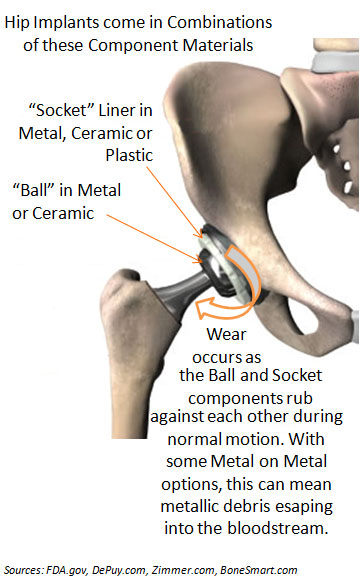 Top Class Actions
Top Class Actions
Barefoot running benefits nothing more than barefaced lies? Well, it remains to be seen, but certainly there’s doubt over its merits—though no doubts re: its ugliness—and allegations of injury resulting from the barefoot running shoe. (Is it really a shoe?) A consumer fraud class action lawsuit was filed this week against Vibram USA Inc and Vibram FiveFingers LLC, alleging the company used deceptive statements about the health benefits of barefoot running.
Filed on behalf of Florida resident Valerie Bezdek, the Barefoot Running Shoes lawsuit alleges that 1) health benefits claims Vibram FiveFingers has used to promote the shoes are deceptive; 2) that FiveFingers may increase injury risk as compared to running in conventional running shoes, and even when compared to running barefoot; 3) that there are no well-designed scientific studies that support FiveFingers claims.
“Given that Defendant’s advertising and marketing equates barefoot running with running in FiveFingers, Defendant’s uniform deceptive statements about barefoot running are also deceptive statements about Five Fingers,” the lawsuit claims.
The lawsuit also states that sales of the Vibram FiveFingers shoes have grown an average of 300 percent a year for the last five years and approached $70 million in 2011. That’s certainly not chump change.
LG TV lifespans less than expected. You know, you could make the argument that defective products help the market economy—something breaks—you go buy a new one—right? Well, not according to some disgruntled LG consumers. They filed a federal class action lawsuit against LG Electronics USA, alleging that the electronics manufacturer’s plasma and LCD Television sets are defective, impacting the lifespan of the televisions. And they are not prepared to go out and buy new sets. Can you blame them?
The LG Electronics class action lawsuit seeks to represent anyone else who purchased certain defective LG televisions in the state of Nevada. Class televisions include but are not limited to models 32LC2D, 37LC2D, 42LC2D, 42PC3D, 42PC3DV, 47LC7DF and 50PC3D.
The lawsuit alleges that the televisions are defective in that they contain internal components called printed wiring boards (also known as printed circuit boards) that prematurely fail during normal operation of the televisions (the “defect”). The defect, which was present upon delivery and which manifests itself over time, ultimately results in the failure of the televisions themselves well before the end of their expected useful life, and rendering the televisions unsuitable for their principal and intended purpose. I’m guessing that’s watching TV…
Top Settlements
Danke schön, Deutsche Bank (not). It’s the financial mess that never ends—though you have to admit, it’s given the document shredding industry cause for a few high-five’s… A preliminary settlement was announced this week in the lawsuit pending against Deutsche Bank—with the German financial house agreeing to pony up a paltry $32.5 million to settle claims that it lied about the quality of home loans underlying the securities it sold. (Well Hel-lo. And where in the settlements line-up is this one?)
The investors that sued include the Massachusetts Bricklayers and Masons Trust Funds. They have filed a motion for preliminary approval of the Deutsche Bank settlement in federal court in Central Islip, New York.
“The proposed settlement will provide a substantial monetary benefit to the settlement class,” court papers state.
According to the lawsuit, and as reported by Bloomberg.com, in 2006, the plaintiffs bought from Deutsche Bank so-called pass-through certificates that gave them the right to the payments on the underlying home loans. The offering documents contained misstatements about loan underwriting standards, property appraisals, loan-to-value ratios and credit ratings on the certificates, according to the complaint. At the same time Deutsche Bank was selling the securities, it was profiting from credit-default swaps by wagering that loans like those underlying the certificates would decline in value, the investors claim.
The lawsuit also states “More than 49 percent of the loans underlying one certificate series were delinquent or foreclosed on,” the investors said. The tranche the Massachusetts Bricklayers and Masons Trust Funds, the lead plaintiff, bought “has already realized cumulative principal losses.”
The investors also claim that had a sale been done in 2008 when the lawsuit was filed, they would have netted between 70 and 80 cents on the dollar. “The certificates are no longer marketable at prices anywhere near the price paid,” the lawsuit states. So I guess $32.5 million doesn’t look so bad now.
OK–That’s a wrap. Happy Friday everyone–Mickey Mouse says it’s Martini Time! (and may one of us hit #MegaMillions!)




